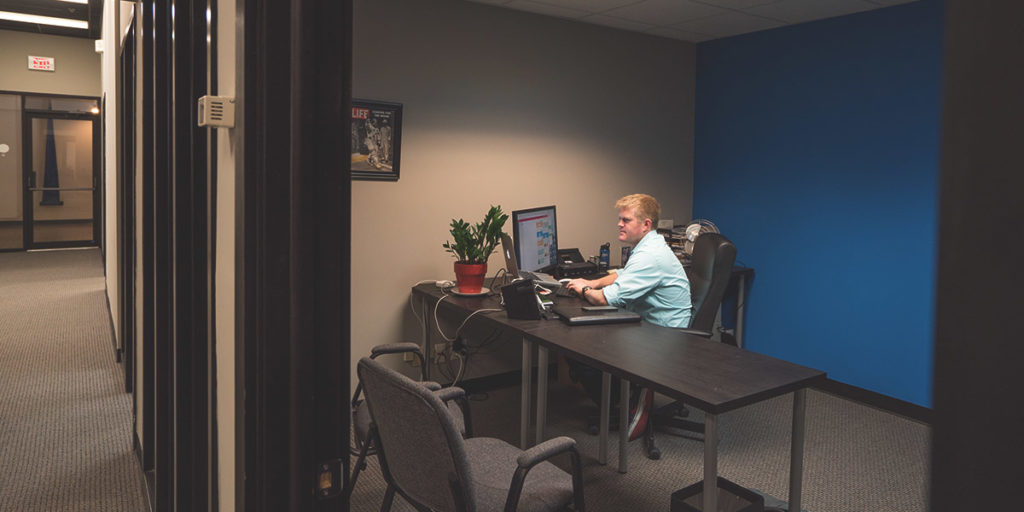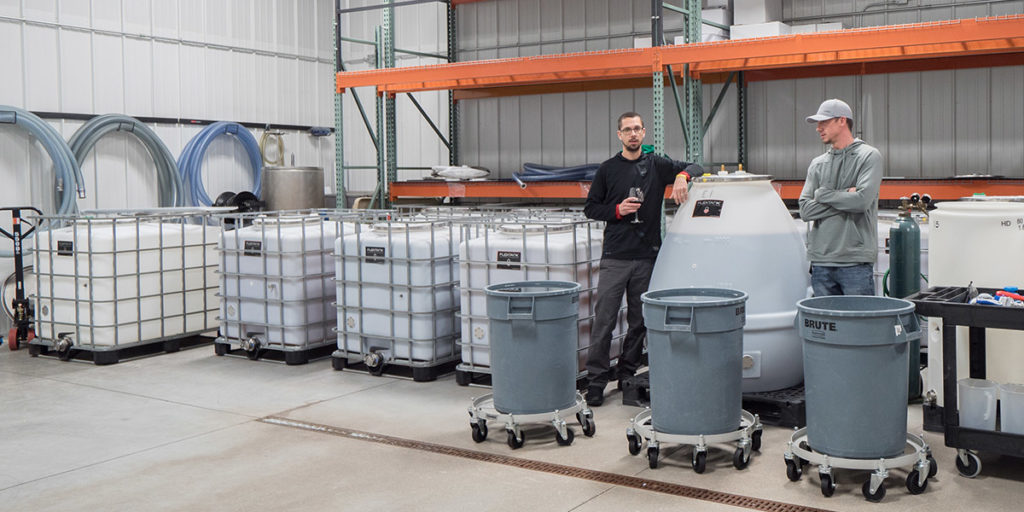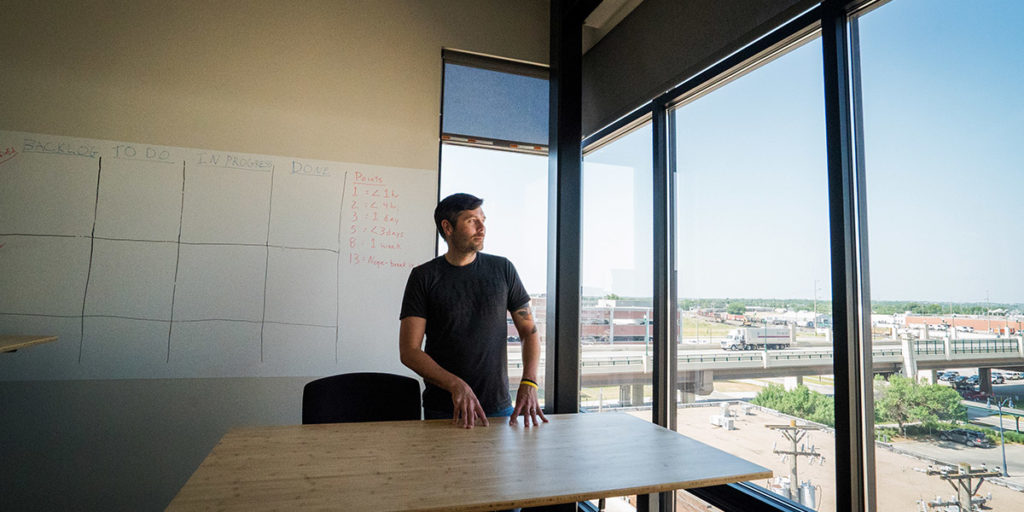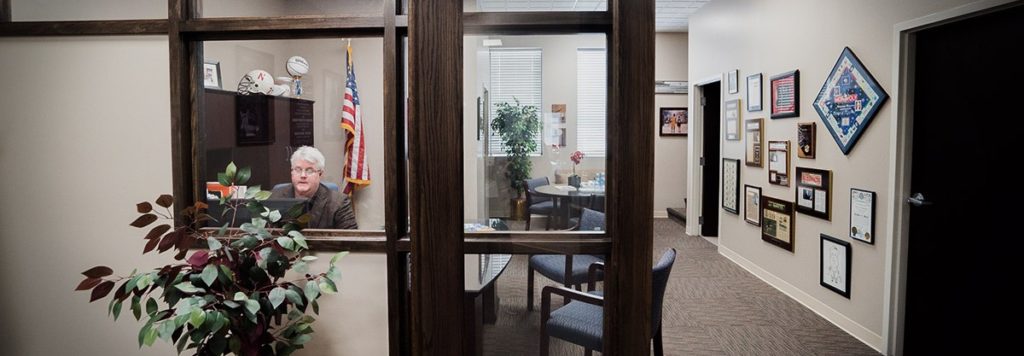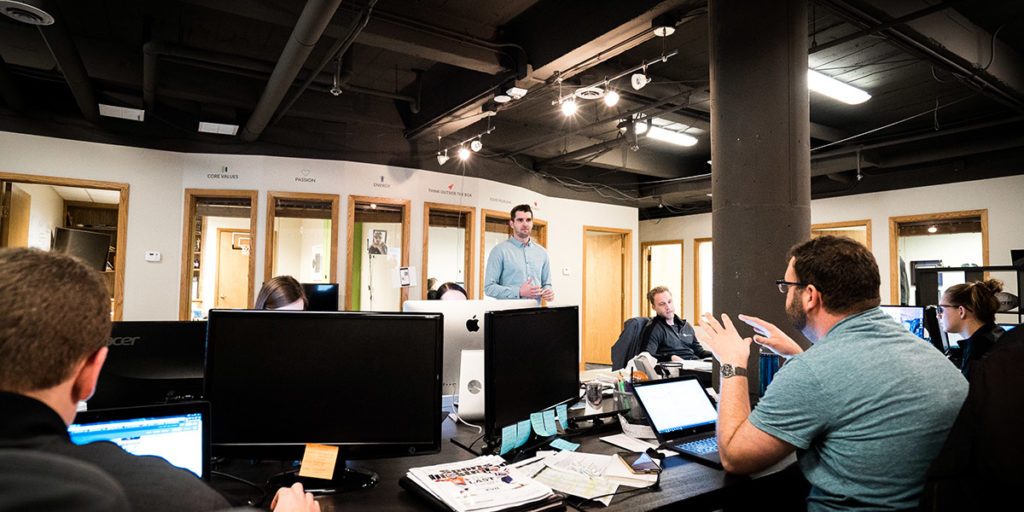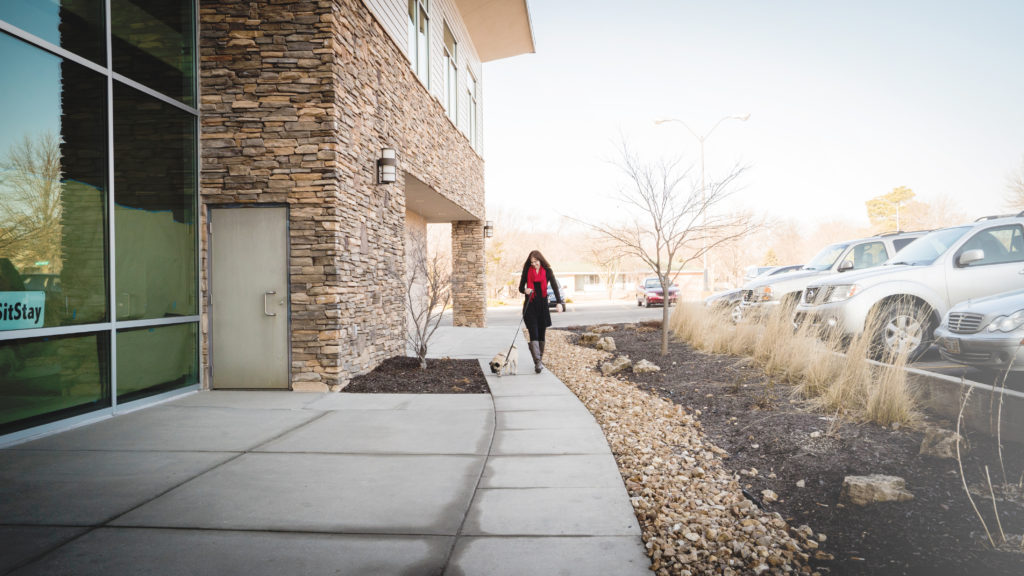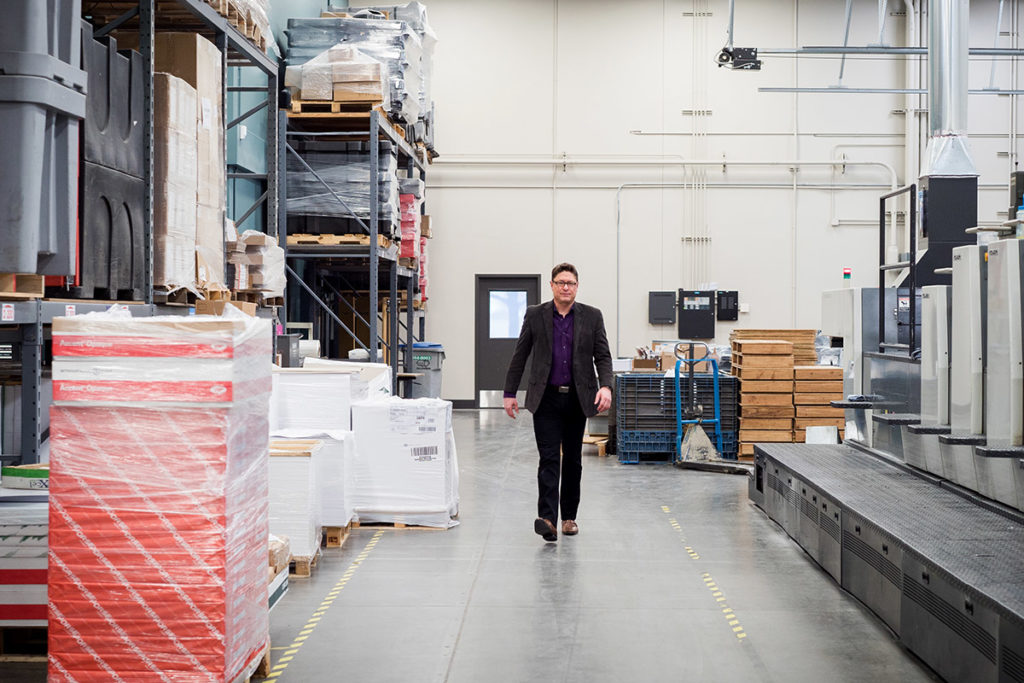While sifting through her grandparents’ handwritten letters sent during World War II, Barbara Ball discovered the name of her future jewelry business.
She repeatedly saw the phrase, “So Honey,” used endearingly by the two long-distance lovers as they kept in touch during her grandfather’s deployment.
The simple yet meaningful phrase stuck with Barbara, and when it came time to name her business, it clicked.
The phrase “So Honey” is more than just a name, she said, much in the same way that the jewelry she creates is more than just pretty combinations of stones.
Every gem and stone that Barbara picks for her designs has intention behind it, because every piece has its own meaning.
Barbara has studied crystals and gemstones since she was 16 years old and found herself wandering the aisles of Euphoria, a local imports store in Lincoln.
“I have no idea how I found that place, I just did,” she said.
Soon, she began learning from the workers at the shop. She started making her own jewelry out of the gems and stones, and her friends started asking her to make pieces for them.
That was three years ago. Now, Barbara spends much of her free time creating unique pieces that not only look beautiful, but also focus on a lifestyle of healing and chakra balancing. Chakra balancing refers to the seven chakras identified throughout the body, which are meant to be balanced at all times.
Every necklace, bracelet and mala that Barbara creates has a specific purpose and property that aims to create a balance among the chakras, and each stone means something different. Some stones are known for their healing properties, while some are meant for elevating vibrations in meditation, she said.
Most importantly, Barbara said she enjoys promoting wellness within the lives of her customers. Many people buy her jewelry because they see it as another part of a wellness trend, but others purchase it because they’re looking for purpose.
Creating jewelry that helps others get through life is Barbara’s way of turning a hobby into a product for good.
Through the ability to help others with gemstones and jewelry, Barbara found a passion that she didn’t even know was there.
“For the longest time, I’ve felt like I was missing something,” Barbara said. “I just could never find something that was ‘me’… And being able to do this, and being able to be super nerdy with it and connect with people is just the best part.”
She describes it as her “crazy passion.”
It’s a passion that’s exploded, to the point that it’s taken over a room in her home for jewelry making. Nestled in the corner of the room are books that sparked Barbara’s passion, the pages are full of information about the different stones, crystals and meanings. Every week she estimates she creates about 25 pieces, from necklaces and bracelets, to malas.
In the future, Barbara said she would like to become even more of a resource for those looking to gems and stones for healing.
Barbara occasionally hosts gemstone sessions where she can interact one-on-one with people who are interested in her jewelry and crystal healing. There, she can not only create a piece that is tailored specifically to clients, but she can explain the deeper meaning behind it.
So Honey has become much more than just a hobby for Barbara.
It’s a place for people who are looking for a new resource. It’s a place for change. Most importantly, it’s a place where she embodies the simple, caring nature of the phrase, “So, honey…” to those that are looking for help.

